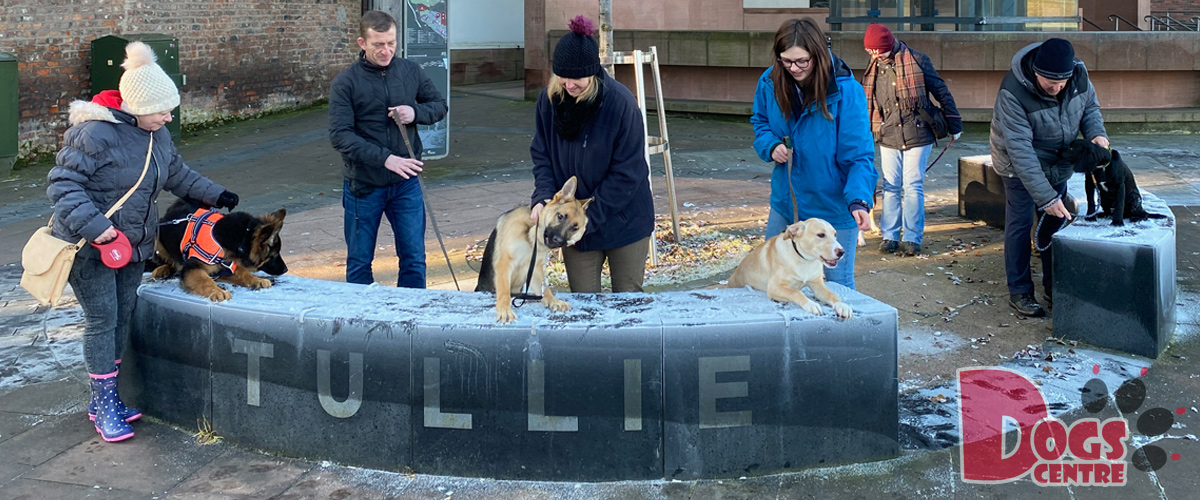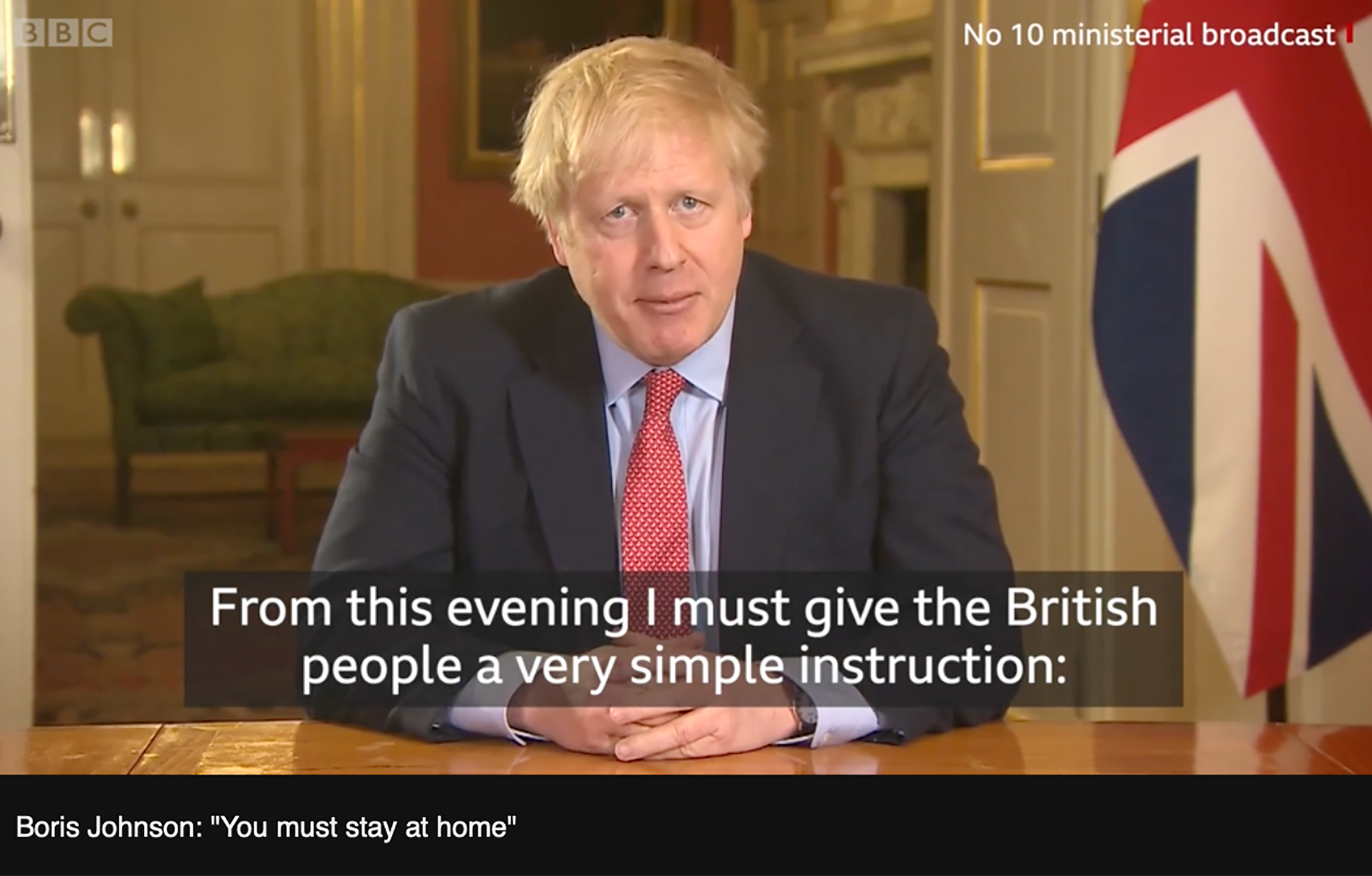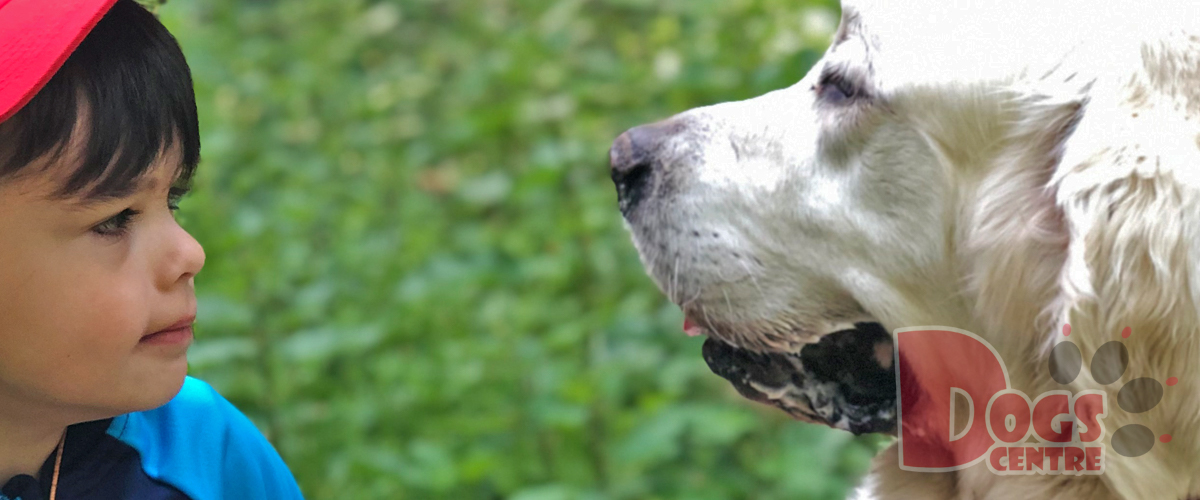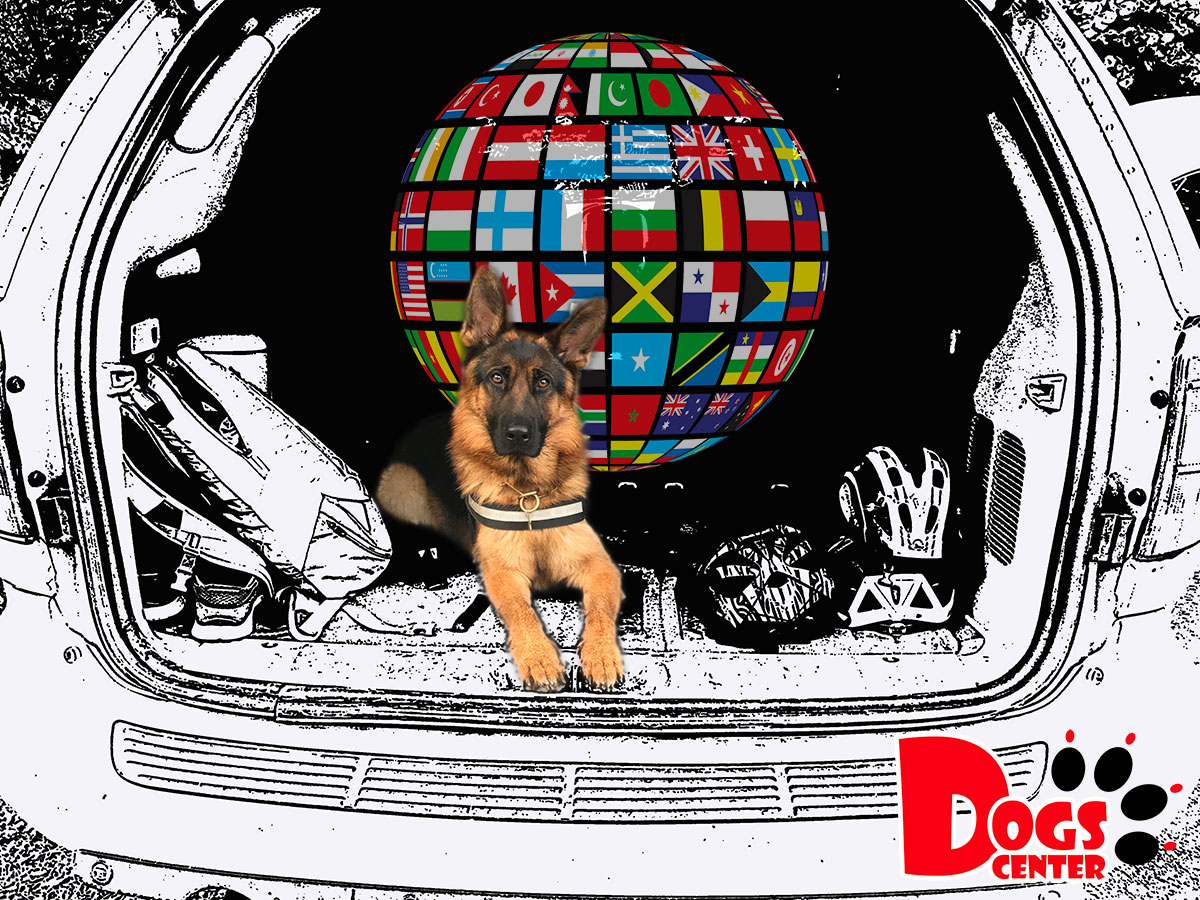How much socialisation is done at this early age will often determine how confident your puppy is around people, other dogs and new environments later in life.
When we talk about socialising puppies, it means helping them learn to be comfortable as a pet within human society that includes many different types of people, environments, buildings, sights, noises, smells, animals and other dogs.
The sooner the better
The younger your puppy, the easier it will be to socialise them. This is because, as puppies get older, they become more cautious when faced with new experiences. The early weeks are particularly important because most puppies will approach anything or anybody willingly and without fear.
Puppies are most accepting of new experiences between 3 and 12 weeks old. Therefore it is vital that a puppy meets a wide variety of people, situations and other animals. The wider the range of experiences you expose him to, the better his chances are of being comfortable in a wide variety of situations as an adult.
After that age, they become much more cautious of anything they haven’t yet encountered.
From about 20 weeks old (and with each passing week) it becomes harder to get the pup to accept and enjoy something that he’s initially wary of.
Puppy socialisation in puppy classes
A good puppy class can help with socialisation and get you started with your training, but remember that a weekly session won’t be enough and the majority of the work should be done by you away from the class.
Our Puppy Classes you can start after vaccination and the entire family is encouraged to attend (adults and children).
Benefits:
- first lesson at your home
- positive reward based dog training
- the puppy class size is small
- puppy training classes are fun and enjoyable for everyone










About the author